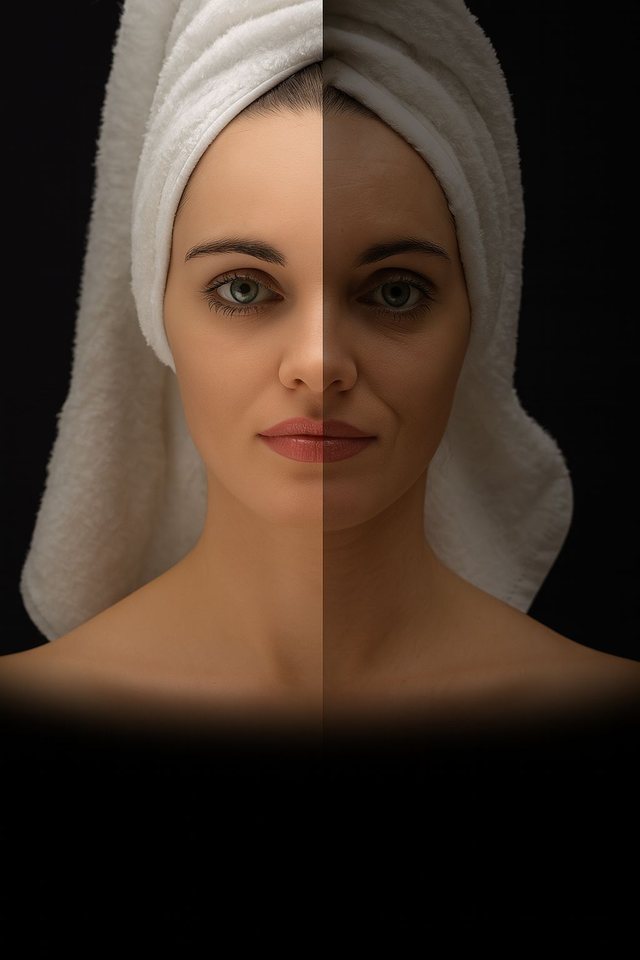
A common vitamin increases genetic activity that keeps our bodies young.
Researchers show that, in laboratory models of cultured human skin, vitamin C significantly thickened the epidermis — the outermost, living layer of the skin — by restoring the function of genes responsible for cell growth.
Furthermore, the concentrations used in the study were similar to those that reach the skin through the bloodstream, suggesting that daily intake of vitamin C through the diet may indeed have significant anti-aging effects.
Research highlights that vitamin C improves skin health through epigenetic changes: it helps enzymes that carry out DNA modification — an essential step for gene activation and cellular regeneration.
This effect stimulates the multiplication of keratinocytes, creating a thicker and stronger layer of skin, which normally thins over the years.
The results, published in the Journal of Investigative Dermatology, suggest that vitamin C could be a valuable weapon against age-related thinning and to increase skin resistance, especially in the elderly.





